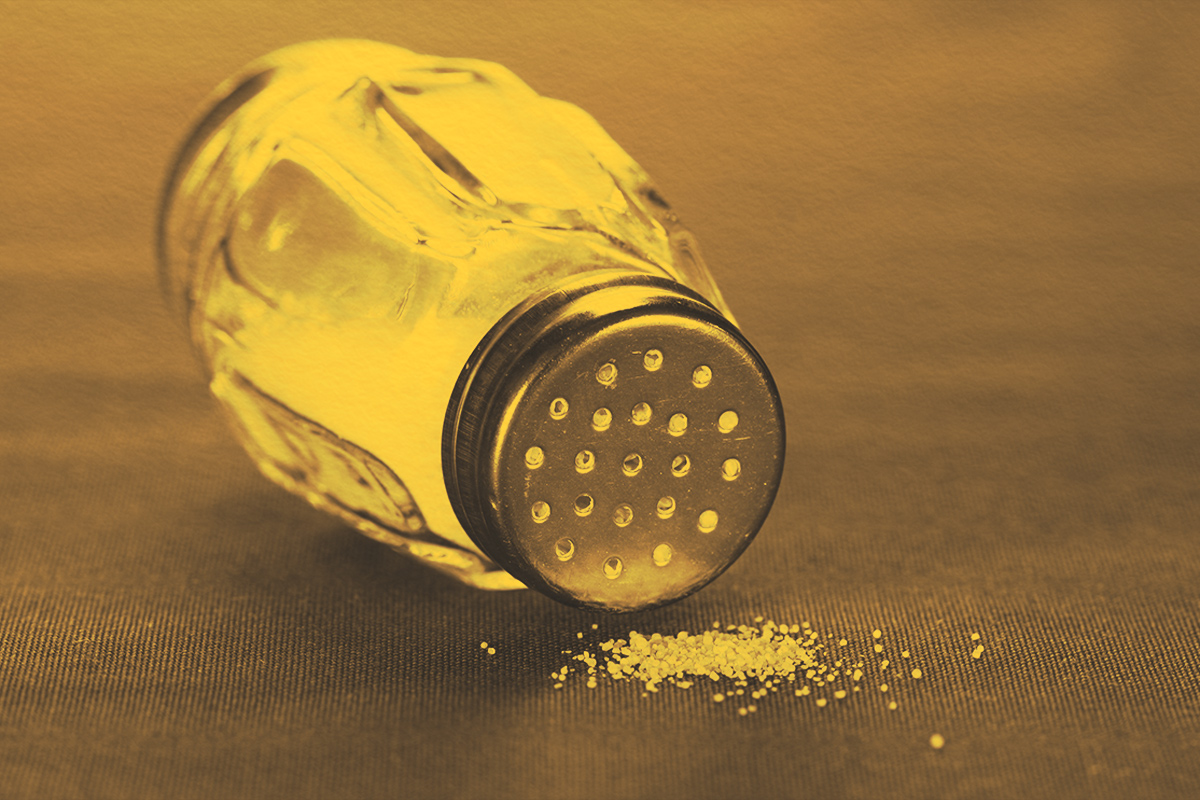
My friends and I used to “give each other the chills,” a process that started by chanting “crack an egg on your head, let the yolk trickle down.” It was a middle school time-wasting activity, so the “chills” weren’t all they were cracked up to be. “All it’s cracked up to be” is a phrase that asks you to measure if something is as good as expected. And while it might bring to mind the act of cracking an egg, it has distinctly non-ovoid origins.
People usually use the phrase in the negative. When something is not all it’s cracked up to be, it means it’s not as good as you expected it to be. You can use the phrase without the negative modifier as well. Asking if the new superhero movie is “all it’s cracked up to be” implies you expect it will be a disappointment.
The idiom is a folksy way of speaking. An early example of it in print showed up in The Kentuckian in 1829: “He is not the thing he is cracked up for.” A few years later, in 1835, American frontiersman Davy Crockett similarly criticized Martin Van Buren in his writing: “Great men … are not the things they are cracked up for.”
The key to the idiom is probably in the word “crack.” British slang speakers have employed “crack” as a positive descriptor since 1793. However, there isn’t a documented direct line from the slang to the idiom in the negative.
As such, there’s no agreed-upon origination for “all it’s cracked up to be,” but the 19th-century print examples give us a good indication that it showed up in the American English lexicon in the early 1800s.

















